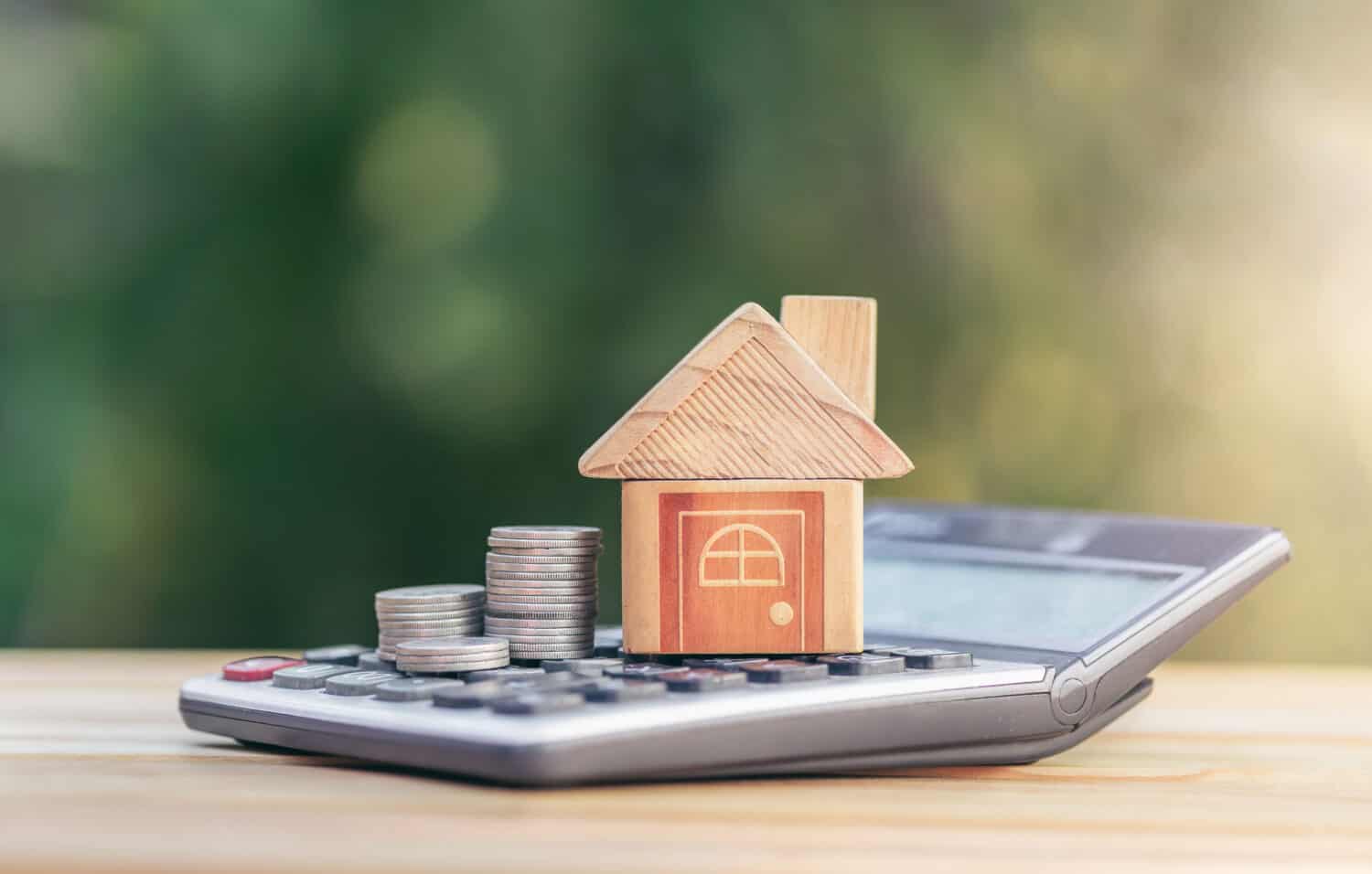Personal Finance
We're in our early 60s with a few million in the bank - what is the best way to finance our second home in retirement?

Published:

24/7 Wall St. Key Takeaways:
A reader, Frank, recently sent in a question asking for advice about purchasing a $1 million second home in the Southeast. Frank and his wife are semi-retired, debt-free, and considering how to fund the purchase: cash or mortgage?
With over $4.8 million in investments and an annual income of $100k-$200k, the couple is in a solid financial position but wants to avoid large tax liabilities from liquidating assets. The question was primarily how they should fund their next home, not whether or not they could.
Let’s take a look at Frank’s question and what I would do in his situation. Remember, this is my opinion, not financial advice.
When answering this question, there are a few things we need to keep in mind:
Frank and his wife have two basic options. He could pay cash for the property, liquidating his assets to do so, or he could take out a mortgage.
Paying cash would allow the couple to take on no debt and reduce expenses in retirement. However, it would create a taxable event now and reduce liquid assets for later purchases. There is an opportunity cost here, too.
Taking on a mortgage means that they’d have a set payment each month, which forces them to pay interest. However, it also preserves their current assets and opens up the opportunity for them to potentially take tax deductions on the interest.
So, what do I recommend? Well, I don’t recommend going all-in on paying in cash or a mortgage. Instead, I would opt for a hybrid strategy that balances liquidity, tax efficiency, and long-term financial health.
If you’re one of the over 4 Million Americans set to retire this year, you may want to pay attention.
Finding a financial advisor who puts your interest first can be the difference between a rich retirement and barely getting by, and today it’s easier than ever. SmartAsset’s free tool matches you with up to three fiduciary financial advisors that serve your area in minutes. Each advisor has been carefully vetted, and must act in your best interests. Start your search now.
Don’t waste another minute; get started right here and help your retirement dreams become a retirement reality.
Thank you for reading! Have some feedback for us?
Contact the 24/7 Wall St. editorial team.